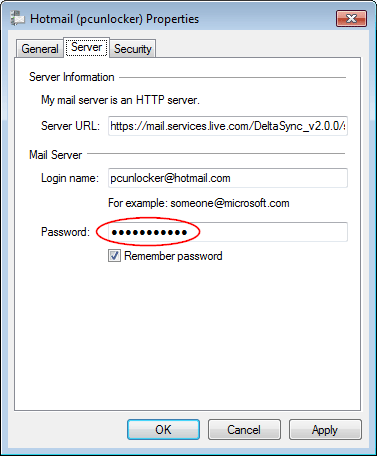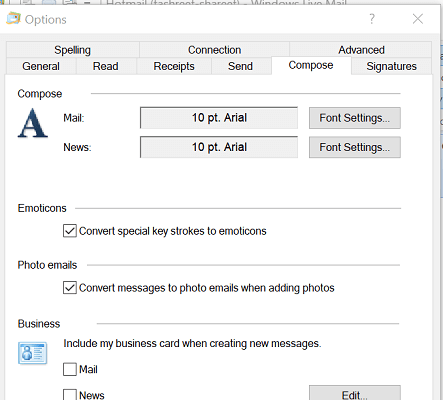
What about incognito mode?Ĭhrome popularized the idea of “ Incognito mode,” which on most browsers works by telling your browser not to store info on your searches, websites visited, etc.

You’ll frequently see a lot of overlap between a list of the best private browsers and the most secure browsers.

Of course, many of the same measures that result in increased security, such as blocking third-party plugins and trackers, also give you increased privacy while browsing. A private browser might try to anonymize your user data, or even use a built-in VPN to hide your geographical location. Who can see your activities on the Internet, and can you control your own information. Or, like Brave, it might upgrade website connections from http to https whenever possibleīrowser privacy deals mainly with user data. A browser with a strong emphasis on security might issue updates more frequently than normal to stay on top of emerging viruses and malware. Security refers primarily to technical aspects. privacyīrowser security and browser privacy are different, but they do work hand-in-hand. The idea is to prevent unauthorized activity or monitoring of your activity and to empower you to control exactly what goes on with your browser. Specifically, a secure browser carries extra security measures, such as blocking third-party activity while you browse. What is a secure browser? Also called a safe browser, a secure browser is one that prioritizes security. The basics of a secure browser What do we mean by a “secure browser”? In this article, we’ll look a little more at what a secure browser is, what it does, and how it works - and why Brave makes a strong case to be considered the best of the bunch. Default settings block phishing and malware, and trackers and malvertising are automatically prevented. Brave re-imagines the browser, with a privacy-first approach that brings an array of enhanced security measures to your browsing experience.
/02-how-to-make-outlook-your-default-email-client-87a991414a2c4a2ba0f76241f5677392.jpg)
Some companies strive for a different approach altogether.

Security and privacy often go hand-in-hand, and tend to be sacrificed for speed and convenience - and, of course, for a browsing company’s ability to track your browsing habits. Some browsers are designed to gather information from your browser, and often take a slightly more relaxed approach to Internet security as well. The difference between privacy and security for an Internet browser ultimately comes down to the approach. What makes a browser secure or insecure in the first place? In today’s world, where personal information is traded back and forth by big tech companies and security breaches seem to happen every other day, what does it mean to have a secure browser?


 0 kommentar(er)
0 kommentar(er)
